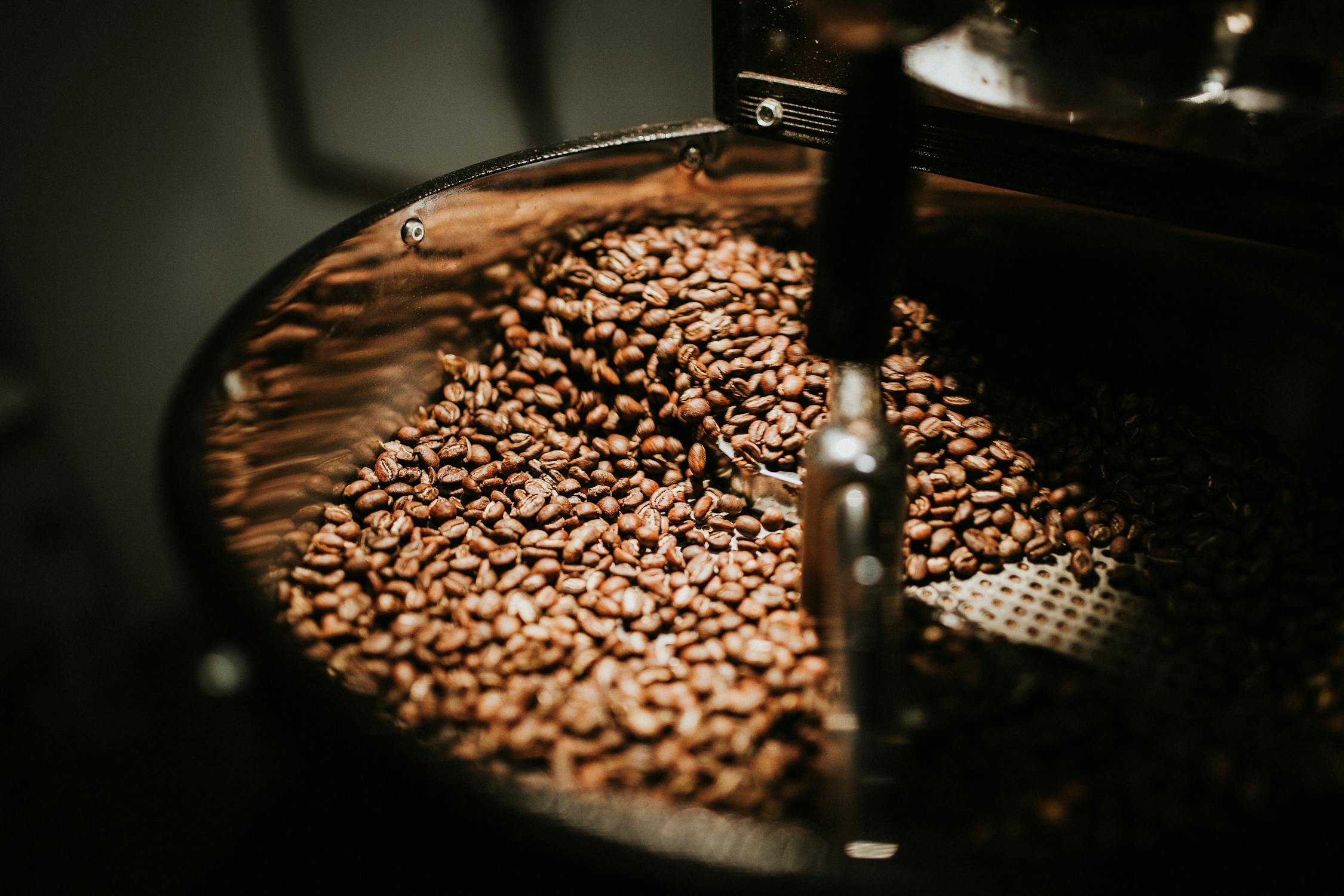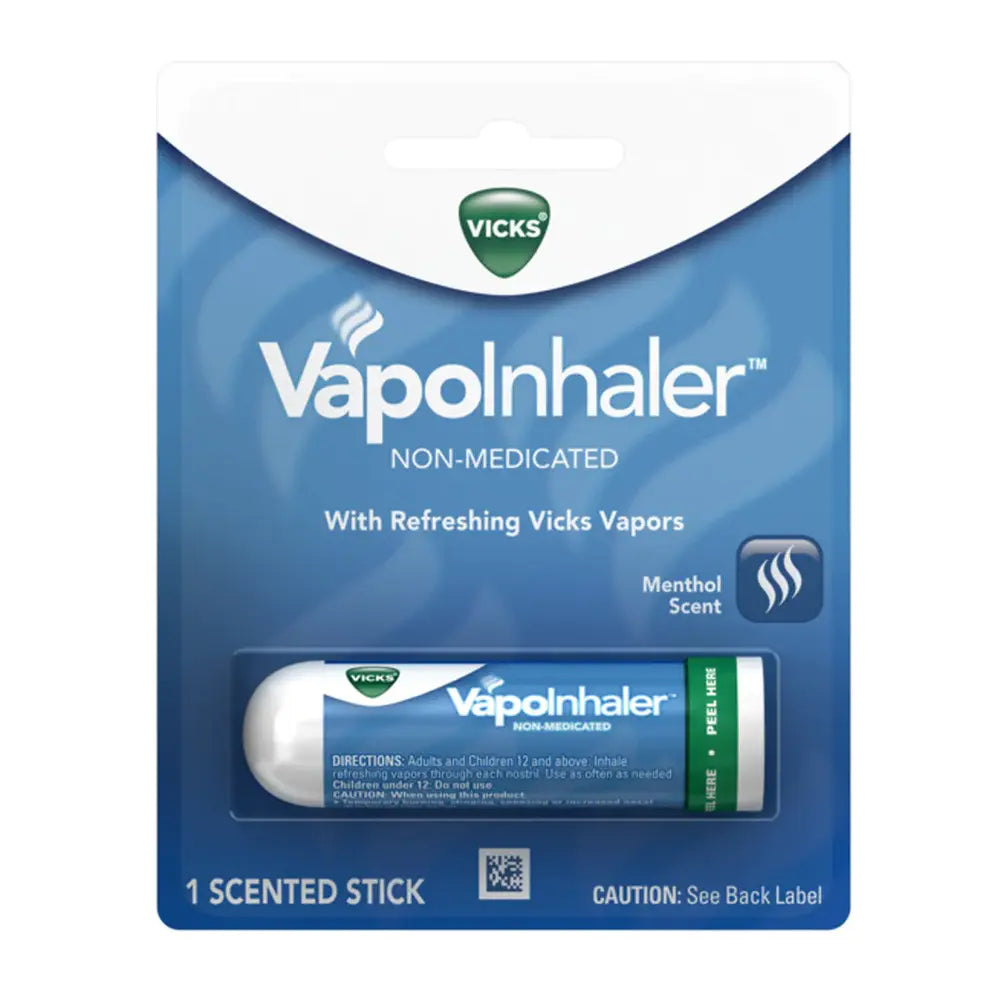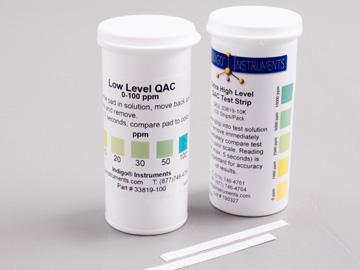[ad_1]
Working with knowledge on foods-declare frequency collected by Mintel Company, we found that “clean” statements – labels that anxiety nothing artificial has been added – are the speediest-increasing class in both France and the US.
“Enriched” promises are the the very least used, while “diet” promises grew in the same way in the two countries. “Whole” claims like “wholesome” or “organic” grew quicker in France and are now the second most well known classification, whilst they remained in 3rd put in the US.
French match, US mismatch
We then took a nearer glance at how this contrasts with client preferences in every single nation. Though prior study has targeted on company behaviour or shopper reaction, it is unusual to have both equally in the same review.
We gathered and evaluated knowledge on purchaser preferences for these four forms of claims from two samples of French and American consumers matched on age, gender, money and education and learning stages.
Our findings reveal that Us residents like statements about the existence of superior than about the absence of poor, as illustrated in the best left chart.

French people, nevertheless, choose mother nature-dependent promises that the products is wholesome simply because its normal properties have been preserved. This getting is offered in the base remaining chart exactly where we see the inexperienced line (indicating tastes for mother nature-based claims) is higher than the yellow line (nutrition-primarily based promises).
These marked buyer tastes should really make it effortless for marketers to give folks what they want. We located this was the case in France where claims that customers like most are also a lot more often used on cereal packaging. As a end result, the bottom ideal chart, showing claim frequency, closely matches the base still left chart.
However, issues are completely different in the US, in which there is a big mismatch involving the promises that folks like and the claims that companies are utilizing. The minimum-popular promises, all those about “diet”, are very commonly applied, although the preferred promises about goods staying “enriched” are significantly a lot less repeated.
Why the US obtained it improper
To comprehend why there is this mismatch, we pooled facts on organization ownership. Our findings counsel that general public firms make less wellbeing claims on their packaging than private companies in both of those international locations and but have the optimum matching costs. This indicates that businesses can effectively match consumer expectations with no building lots of wellness promises if they are the correct types.
Though large cereal makers like Kellogg’s and Basic Mills sector their products and solutions in the way American shoppers desire, we discovered that more compact, privately-owned providers are far more possible to use “diet” promises that folks like fewer. In contrast, French privately-owned corporations make the similar variety of promises that public corporations make.
We explored several hypotheses as to why private businesses are not advertising and marketing their solutions to fulfill consumers’ anticipations. The a single that we assume is plausible is that these smaller American firms are driven by a mission to increase the health and fitness of buyers, instead of just producing overall health statements that customers like. These providers are in truth executing what is healthier, which is to clear away salt, sugar and other additives.
We arrived to this summary by analysing the names of the privately-owned providers. We observed a increased proportion of all those that have firm names referencing nourishment or wellbeing, these as “Low Karb”. This could reveal why these corporations don’t give men and women what they want – they are concentrated on providing men and women what they need to eat, which is much more healthy food.
It is intriguing to see that not all firms are client-oriented in the way we suppose them to be. They do not essentially target on what the current market would like. This could be since they are following a niche technique wherever they only go after modest subsegments of individuals who actually want to reduce weight.
Alternatively, it could be for the reason that they want to be the “good guys” and are heading above and outside of what shoppers want. What we are looking at in the US info suggests that some smaller sized corporations fully grasp they have a accountability to give more wholesome products.
Redefining ‘healthy’ and other abstract terms
It is difficult for firms when people are attracted to buzzwords like “natural”, “fresh” or “organic”, as these promises are not scientifically controlled and have no affiliation with the nutritional good quality of the food stuff. Food entrepreneurs need to comprehend how consumers are decoding balanced foods, and hold keep track of of how these viewpoints improve, even when they do not align with nourishment.
These conceptual, capture-all terms increase past the food items business. Just about each individual company desires their products to be “cool” or “high quality”. Nevertheless, these terms can be interpreted in several various strategies. It is consequently significant to unpack what individuals suggest when they use these relaxed phrases. Frequently, we feel we have an understanding of each other, but we are talking about vastly different things.
Pierre Chandon is the L’Oréal Chaired Professor of Marketing – Innovation and Creative imagination at INSEAD and the Director of the INSEAD-Sorbonne Université Behavioural Lab. Check out his TEDxINSEAD talk on Epicurean nudges.
Romain Cadario is an Assistant Professor at the Rotterdam University of Administration, Erasmus University.
INSEAD Expertise is now on LinkedIn. Join the conversation right now.
[ad_2]
Source connection







